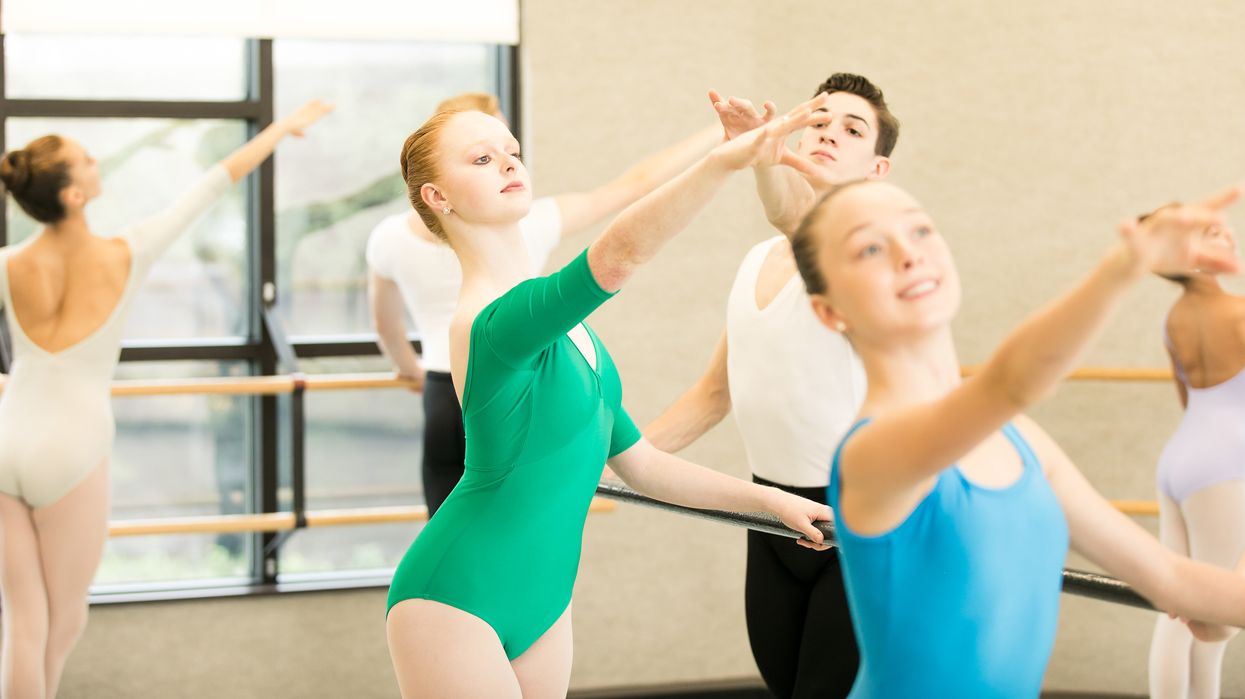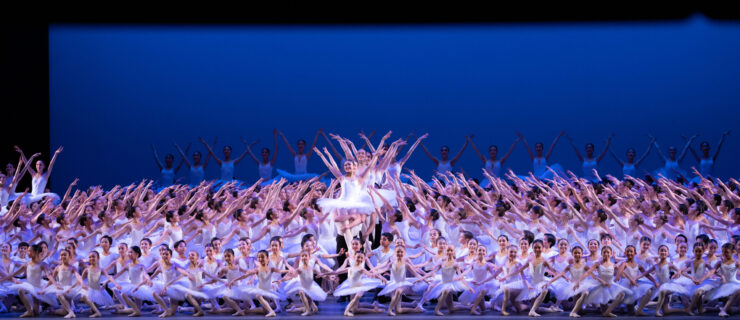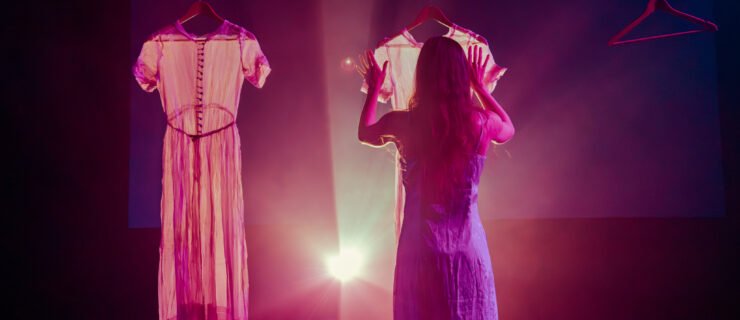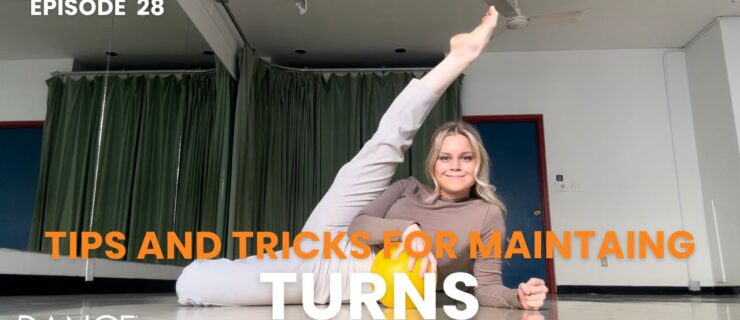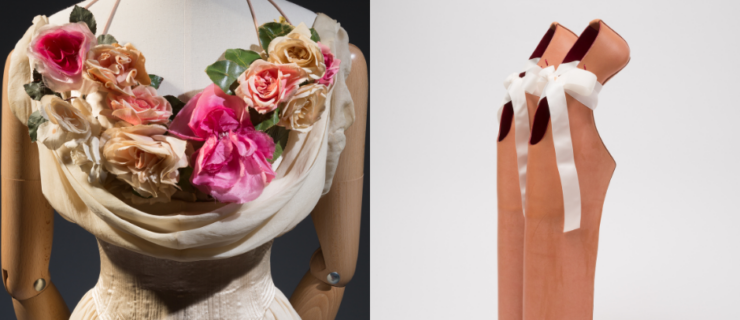5 Ways Summer Intensive Auditions Can Help You Improve—No Matter Whether You Get In
Last year, Kensington MacMillen auditioned for summer programs away from home for the first time. A longtime Central Pennsylvania Youth Ballet student, MacMillen had spent previous summers at her home studio, but now she was ready to branch out. After auditioning for three programs, her first response was a rejection from Miami City Ballet.
“A bunch of people from here had gotten in, and I didn’t,” she says. “So then you just kind of panic.” She was still waiting to hear from the other programs and worried that she’d have nowhere to go.
When you’re auditioning for summer programs, it’s easy to feel like nothing is in your control, and that a rejection means going home empty-handed. But even if you don’t make it into your first-choice school, the audition process itself builds skills you can take back to the studio. By approaching the experience as practice for future auditions, and a chance to learn more about yourself as a dancer, you can make audition season work for you, no matter the outcome.
Think of It as a Class
One way to reframe the process is to stop thinking of auditions as tests: They also give you a taste of what a summer program will be like and the chance to experience a new teacher.
“Look at it as a master class,” says Margaret Tracey, director of Boston Ballet School. “What did you notice about the teacher? What did you learn from the corrections? What did you notice about the style of the works they are emphasizing?”
Melissa Bowman, director of Houston Ballet Academy, says the faculty try to make the audition classes representative of what students will get in the program.
“So, ask yourself what was a little different?” she says. “What could you work on when you get home? Is there a step you maybe struggled with that you feel you should have under your belt?” If you see something you like, think about how you can incorporate it into your training throughout the year.
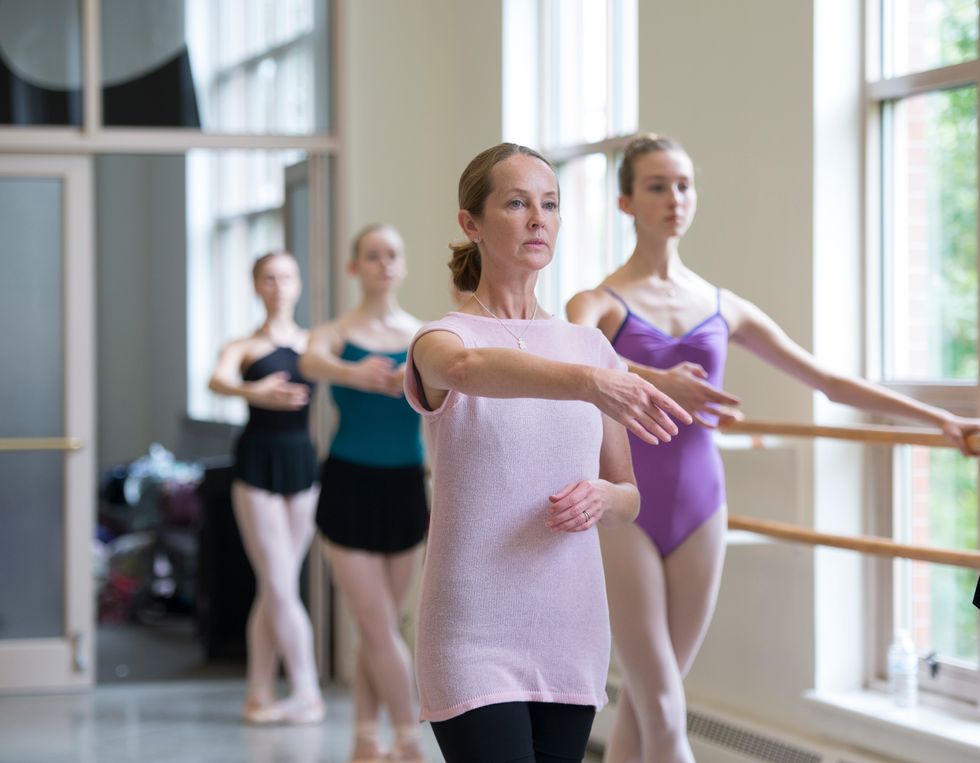 Margaret Tracey teaching class at Boston Ballet School
Margaret Tracey teaching class at Boston Ballet School
Igor Burlak, Courtesy Boston Ballet School
Practice Showing Who You Are
Of course, auditions are still not exactly the same as master classes, and you are being evaluated. Kate Lydon, artistic director of summer intensives at American Ballet Theatre’s Jacqueline Kennedy Onassis School, points out that auditioning itself is a skill worth practicing, one you’ll likely be faced with throughout your career.
But the heightened atmosphere of an audition room provides other lessons, as well. “It’s almost like a performance,” Lydon says. “Your etiquette and your presentation should be really good, your hair should be neat, and you also want to show your love of dancing. There’s a certain energy that is required in an audition. I think that’s good practice.”
It’s something you’ll need as a performer beyond audition season, too.
Tracey adds that she appreciates a certain curiosity and openness in auditioners, and there are different ways to show it. She welcomes questions from students, but even if you’re not the most assertive dancer in the room, you can demonstrate enthusiasm through your body language—by being attentive, taking corrections or practicing a tricky step on the side when it’s not your turn.
“I hope every student learns that readiness to discover something new because it gives them a sense of participation and agency in their own training,” Tracey says. “Regardless of whether they’re given a spot in the program, they are taking responsibility for their experience, and that is empowering.”
Learn to Self-Evaluate
When you’re used to getting feedback from your teachers, it’s daunting to walk out of an audition with no sense of how you did.
“One of the hardest things about summer auditions is that they don’t tell you why you don’t get in,” says MacMillen. “You automatically go to the worst-case scenario.”
Because of the number of students auditioning, detailed feedback isn’t possible. Bowman says that makes it a good opportunity to practice being self-aware about your own dancing—a skill you’ll need as a professional. She recommends doing a self-check at the end of the audition: “How did I do? Where was my weakest moment? What did I think I could work on? Be honest about it, and then work on it and be excited to take that challenge on.”
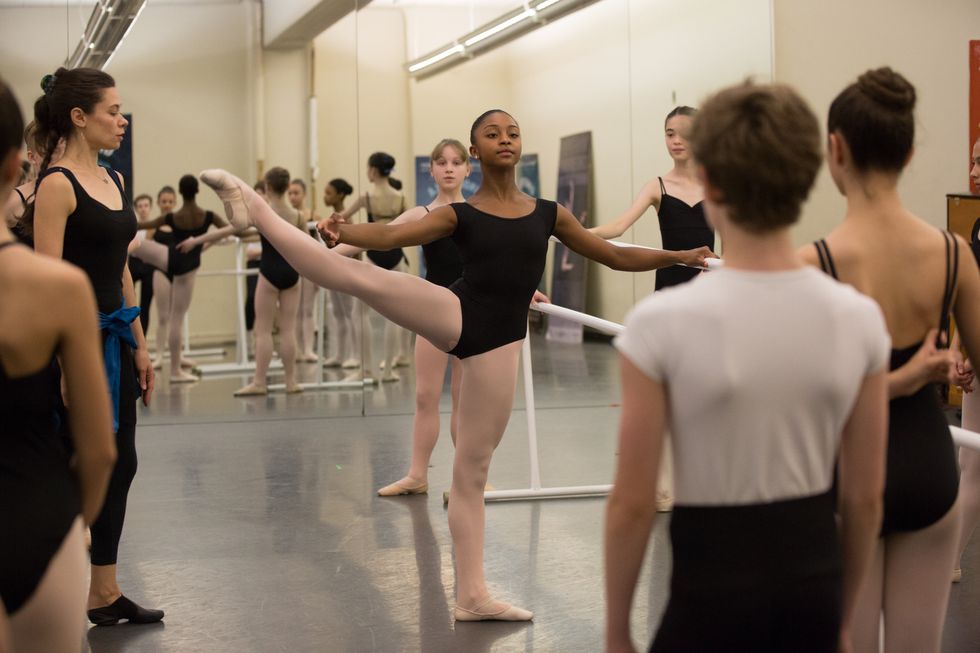 Kate Lydon corrects a développé á la seconde
Kate Lydon corrects a développé á la seconde
Rosalie O’Connor, Courtesy ABT
Check Out Other Dancers
Another way to gauge yourself, says Lydon, is to notice the other dancers in the room. Especially if you come from a small studio, an audition is a rare opportunity to meet dancers from schools all over, and see how you compare.
“When I was young, I loved going to auditions because I liked seeing my peers in my age group, and how I fit into that picture,” she says.
This can be valuable even when you get a rejection. After MacMillen didn’t get accepted into the MCB intensive, she decided to observe her peers at CPYB who did get in. “I watched them in class and I saw, Oh, they have really good feet, so maybe I could keep working on my feet,” she says.
Remember That There’s More to Dance
Ultimately, summer programs are about your training. They exist to help you grow as a dancer, and the audition process is secondary. CPYB forgoes the audition process entirely. Instead, dancers fill out an online application and submit two photos. (The school has the facilities and resources to take nearly everyone who applies, and students are then sorted into levels based on their age and prior experience during a placement day at the beginning of the intensive.)
“It goes back to founder Marcia Dale Weary’s belief that no one should be denied access to proper training,” says director Darla Hoover. “She really believed that someone’s life could be changed through the process of being trained in ballet. The discipline, the etiquette, the disappointments, learning how to work hard for something—all of those wonderful life lessons that go along with good ballet training.”
The approach is a reminder that auditions do not represent the full measure of your worth as a dancer.
Still, rejection is something all dancers face, and it’s worth learning how to bounce back from it. “These are lessons that we all have to learn,” says Hoover. “Life is full of disappointments, and your character is built upon how you handle those disappointments and move forward.”
Part of learning to deal with rejection is accepting that some elements of the audition process will always be out of your control. What matters is not to let these moments deter you from dancing.
For her part, MacMillen’s disappointment after the MCB rejection didn’t last long: She ended up attending San Francisco Ballet’s program, which she loved. She may audition for Miami again this year, and if she does, she’ll be able to use her past experiences to guide her.
“I learned that you should pay attention and try to pick up as much as you can,” she says, “but if it doesn’t work out, it doesn’t mean that you’re a bad dancer.”
